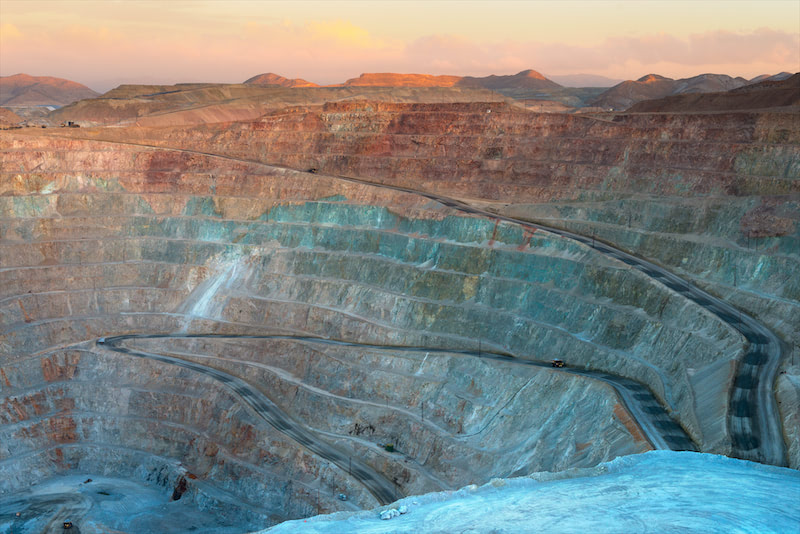SHANGHAI, May 9 - With the stalemate in the Russia-Ukraine conflict, the leaders of the Group of Seven (G7) and Ukrainian President Zelensky held a video teleconference on May 8 at which the G7 pledged to gradually reduce or stop imports of Russian oil. On the same day, the US and UK also announced a new round of sanctions against Russia respectively.
According to a joint statement, G7 sanctions action against Russia include four main measures: Firstly, gradually reducing dependence on Russian energy; secondly, banning or otherwise preventing the provision of key services on which Russia depends; thirdly, continuing to take action against Russian banks that have links to the global economy and are systemically important to the Russian financial system; and finally, working to combat Russian propaganda.

The G7 currently comprises the United States, Canada, the United Kingdom, France, Germany, Italy and Japan.
US sanctions
On the same day, the White House also released a situation report stating that the US would impose a new round of sanctions against Russia, saying that Russian companies and citizens would be banned from using US accounting, marketing and consulting services.
According to this report, the US also intends to sanction three major Russian state-owned television stations, including Channel One Russia, Channel One TV and NTV broadcaster, and to impose additional export controls on Russia's industrial sector. The new export controls will ban US exports of industrial products such as engines and bulldozers to Russia. These sanctions are expected to take effect on May 9.
Also new to the sanctions package include visa restrictions on 2,600 Russian and Belarusian officials and sanctions on Russian bank executives, including 27 executives of Gazprom Bank.
The British government announced on Sunday an expansion of sanctions against Russia, including punitive import duties on Russian-produced precious metals and an export ban on certain British products.
Japan followed suit
Japanese Prime Minister Fumio Kishida also attended the videoconference between the G7 leaders and Ukrainian President Zelensky and said that Japan would in principle ban imports of Russian-produced oil.
This speech by Fumio Kishida signifies a slight shift in Japan's policy direction. Just a few days ago, Japan's Minister of Economy, Trade and Industry, Koichi Hagiota, had said that it would be difficult to immediately follow up on the allies' move to embargo Russian oil because of Japan's limited domestic resources.
Japan is heavily dependent on imports for its energy, with data showing that Russian oil accounted for 4% of Japan's total oil imports, Russian gas for 9% of Japan's total gas imports and coal from Russia for 11% of Japan's total imports in the last fiscal year ending in March this year.



